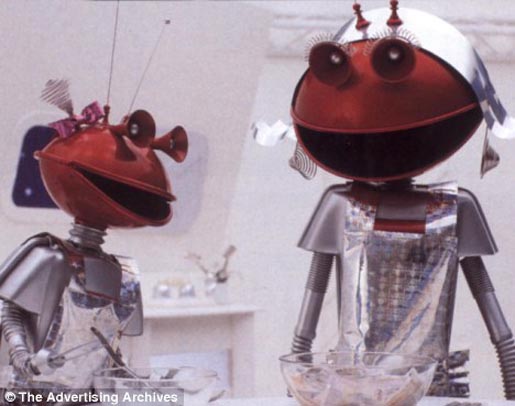 Gordon Lynch raises concern in his book, “After Religion“, that a swathe of writers have missed Douglas Coupland’s point. Coupland in 1991 published “Generation X: Tales for an Accelerated Culture“, creating Andy, Claire and Dag – rootless, ironic and looking for meaning. In that novel Coupland described a generation that is overlooked and lost, without a name. So did this fit with the interpretation taken by marketers and sociologists and theologians?
Gordon Lynch raises concern in his book, “After Religion“, that a swathe of writers have missed Douglas Coupland’s point. Coupland in 1991 published “Generation X: Tales for an Accelerated Culture“, creating Andy, Claire and Dag – rootless, ironic and looking for meaning. In that novel Coupland described a generation that is overlooked and lost, without a name. So did this fit with the interpretation taken by marketers and sociologists and theologians?
Lynch refers to Howe and Strauss, Holtz, Starkey, Beaudoin, Cox, Reifschneider, Flory and Miller, and Mahedy and Bernardi.
Critiques provided by Lynch include:
1. How accurate can you be about the dates in which a generation starts and begins.
2. Some of these writers make generalisations about cultural preferences of a generational cohort that do not stand up to scrutiny.
3. Writing on the subject may be unduly influenced by agendas such as concern over intergenerational conflict and the search for a new market.
Lynch proposes that the phrase, ‘generation x’, be used to describe people with a way of approaching or understanding life – rather than a cohort born within a certain time frame. He highlights emerging attitudes towards the nature of truth, the role of external authorities and the significance of personal authenticity.
Hmmmm. What do I think of this? I agree that many writers arbitrarily pick dates that outline their theories on generational markers. I like the idea of keeping a flexible time line.
I do agree that we can over-state trends – over-relying on anecdotal evidence or overlooking local factors and significant exceptions.
Yes – most writers on generational change have agendas. Very few people have the luxury of academic study of a trend without any reference to action, response or change. The interest of marketers in generational cohorts does not invalidate their findings.



 Gordon Lynch’s 2002 book, “After Religion: ‘Generation X’ and the search for meaning”, offers a refreshing UK critique of popular writing on generational theory, culture and theology. In this book he’s exploring the validity of generational theory in describing changes in religious attitudes. His work focuses on late or post modernity as a wave as another way of interpreting the trends usually associated with ‘Generation X’.
Gordon Lynch’s 2002 book, “After Religion: ‘Generation X’ and the search for meaning”, offers a refreshing UK critique of popular writing on generational theory, culture and theology. In this book he’s exploring the validity of generational theory in describing changes in religious attitudes. His work focuses on late or post modernity as a wave as another way of interpreting the trends usually associated with ‘Generation X’.
